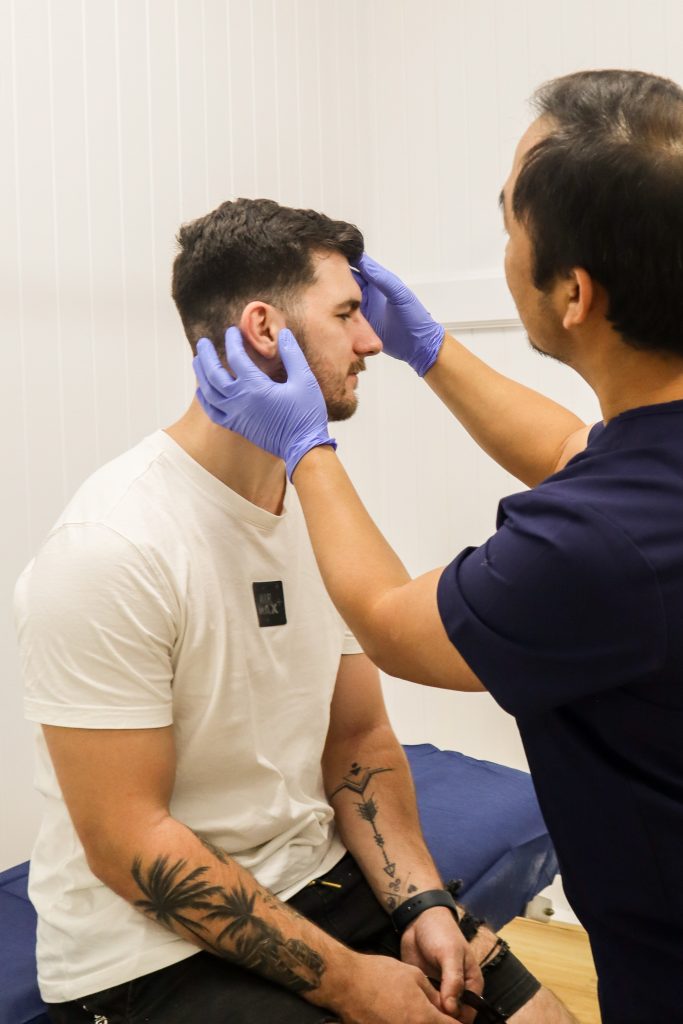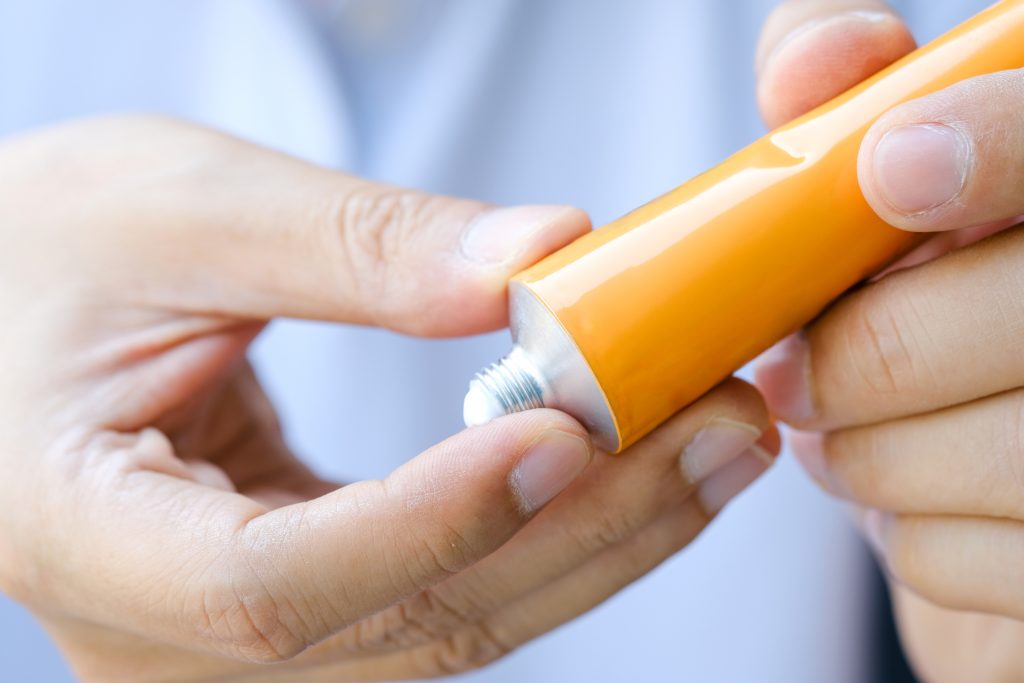
topical skin treatments Ipswich
Topical skin treatments Ipswich patients can access at our clinic offer a non-surgical way to treat certain skin cancers and pre-cancerous lesions. These include actinic keratoses (sunspots), superficial basal cell carcinomas, and squamous cell carcinomas in situ. These options can be highly effective when caught early and used under medical supervision.
What Is Topical Skin Treatment?
Topical treatments are prescription creams or gels that you apply directly to the skin. They work by either:
Stimulating your immune system to destroy abnormal cells, or
Using a mild form of chemotherapy to target cancerous cells.

Why Choose Skin C for Topical Skin Treatment?
Experienced Doctors in Skin Cancer Prevention
Our clinicians are highly trained in identifying and treating sun-damaged and pre-cancerous skin.
Personalised Treatment Plans
We tailor each treatment to your skin type, condition severity, and health goals.
Non-Invasive, Early-Intervention Focus
We prioritise effective, non-surgical options to treat early skin changes before they progress.
Supportive, Ongoing Care
From first consultation to follow-up, we provide continuous support to ensure the best outcomes for your skin.
Your questions answered
FAQ
Topical treatments are creams or gels applied directly to the skin to treat early skin cancers or pre-cancerous lesions like actinic keratoses. They’re a non-invasive alternative to surgery in suitable cases.
Common options include 5-fluorouracil (Efudix), imiquimod (Aldara), and ingenol mebutate (Picato). These medications work by targeting abnormal cells and stimulating the immune system to destroy them.
No, they’re typically recommended for superficial basal cell carcinomas or pre-cancerous changes. More invasive skin cancers usually require surgical removal or other treatment methods.
Redness, peeling, crusting, and irritation at the treatment site are normal signs the cream is working. Your doctor will guide you on how long to use the treatment and how to manage side effects.
Book Your Topical Skin Treatment Consultation today!
Book your personalised topical treatment consultation at Skin C today and protect your skin’s long-term health.
